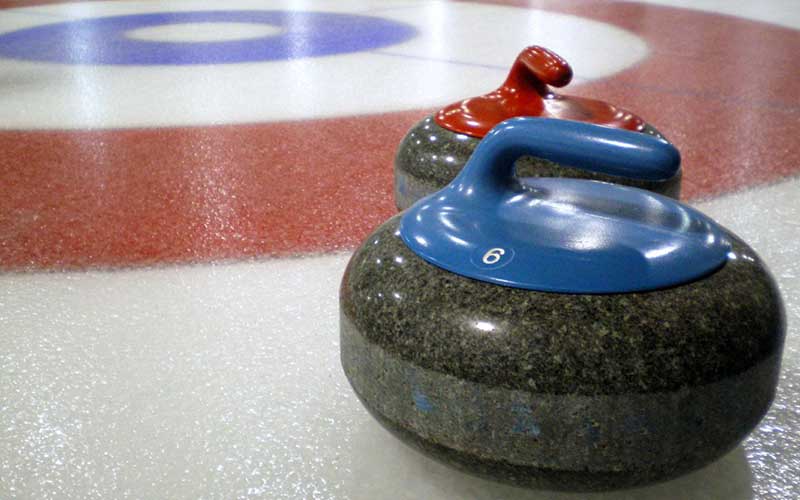

Miles On Monday
The weekly thoughts of York writer Miles Salter
And so, in a puff of snow and a splash of vodka, the Sochi Winter Olympics has come to an end.
I’m not, on the whole, a fan of the enormous indulgence that greets Olympic spectacles: London 2012 got through a wopping £9 billion, and Russia’s status symbol will cost an estimated $51 billion, which is a sickeningly huge amount of cash.
At the risk of sounding mean spirited, while Russia drenches the hillsides in money, people in the UK queue up at food banks to get hold of tins of beans or soup. In this atmosphere, athletes seem like over-pampered vehicles for nationalist pride.
Meanwhile, President Putin, whose ascendancy in Russian politics has coincided neatly with the disappearance of more than 100 journalists, surveys his party.
Putin leads a country whose consistent bullying of gay men and women is appalling, but he seems to have a blind spot to his own homo-eroticism.
When hotel guests, arriving in Russia for the games, found themselves looking at a photograph of a topless Putin, striding through a forest in his camouflage trousers, they complained.
In one of the pictures, Putin (again, with his shirt oddly missing), appeared to ride a bear. Lucky bear, that’s all I can say.
Beaten into silence
On February 22, protest group Pussy Riot were attacked by Cossack security patrols who whipped the young women into silence. The video that did the rounds on the internet was a great expose of the Russian regime, with its thuggish tactics and a heavy handed approach that the mafia would be proud of.
The ugly display showed the side of Russia that Putin’s vast PR spectacle would have wanted to keep quiet. The truth, however, is less savoury.
Russia is one of the most corrupt, despotic and unpleasant states in the world. Pussy Riot have been a thorn in Putin’s side since the group staged a demonstration against the president in Moscow’s Cathedral of Christ The Saviour in February 2012.
This was another spectacular stunt for the group, who are determined to stand up to Putin.

In a brilliant and savage cartoon in the New York Daily News, the Cossacks are shown flailing the women in a sporting arena while a bare chested Putin stands outside, holding up a scorecard that says “10”.
Pussy Riot’s moment in the spotlight seems like a universe away from the picture of the Team GB’s women beaming as they won bronze in the curling event.
Claire Hamilton, Vicki Adams, Eve Muirhead and Anna Sloan waved and smiled for the cameras, delighted with their win.
For all the fuss, thought, I couldn’t help thinking what an odd business curling is: bowls on ice. I don’t mean to be unkind to the winners, but if somebody said that curling somehow represented the pinnacle of human achievement, it would seem far fetched.
“Look! I am more accurate at chucking an inanimate object over a stretch of ice than you are!” Well, crumbs, you must be proud.
Sport and politics
There are those who say that sport and politics do not mix, that they have no place with each other.
The men and women taking part in the games may not have liked to dirty their hands with comments about Putin, Pussy Riot or gay rights. After all, they were there for the sport, not the politics, right?
But in a world where sport is used as a vast PR campaign by the host nation of an event such as the Olympics, it’s hard to see how the two things can be separate.
President Obama did not, pointedly, show up for the opening ceremony, and Google’s careful decision to promote the LGBT colours in its logo as the games got underway also sent a signal to Putin and his corrupt team.
A “Boycott 2014 Winter Olympic Games in Russia” Facebook campaign has notched up 64,000 likes.
Looking again at those images, I saw a group of women from England, beaming at their win. And I saw another group of women, of about the same age, standing up against men dressed in black who violently tried to repress free speech.
One group got medals, another were pushed to the ground by burly men doing their master’s bidding.
It made me wonder which of those groups showed more guts, more integrity, whose work seemed more vital in a state where injustice is part and parcel of modern life. Well, what do you think?
- Miles Salter is a writer based in York
- Read all the Miles On Monday columns here
- Follow Miles on Twitter
